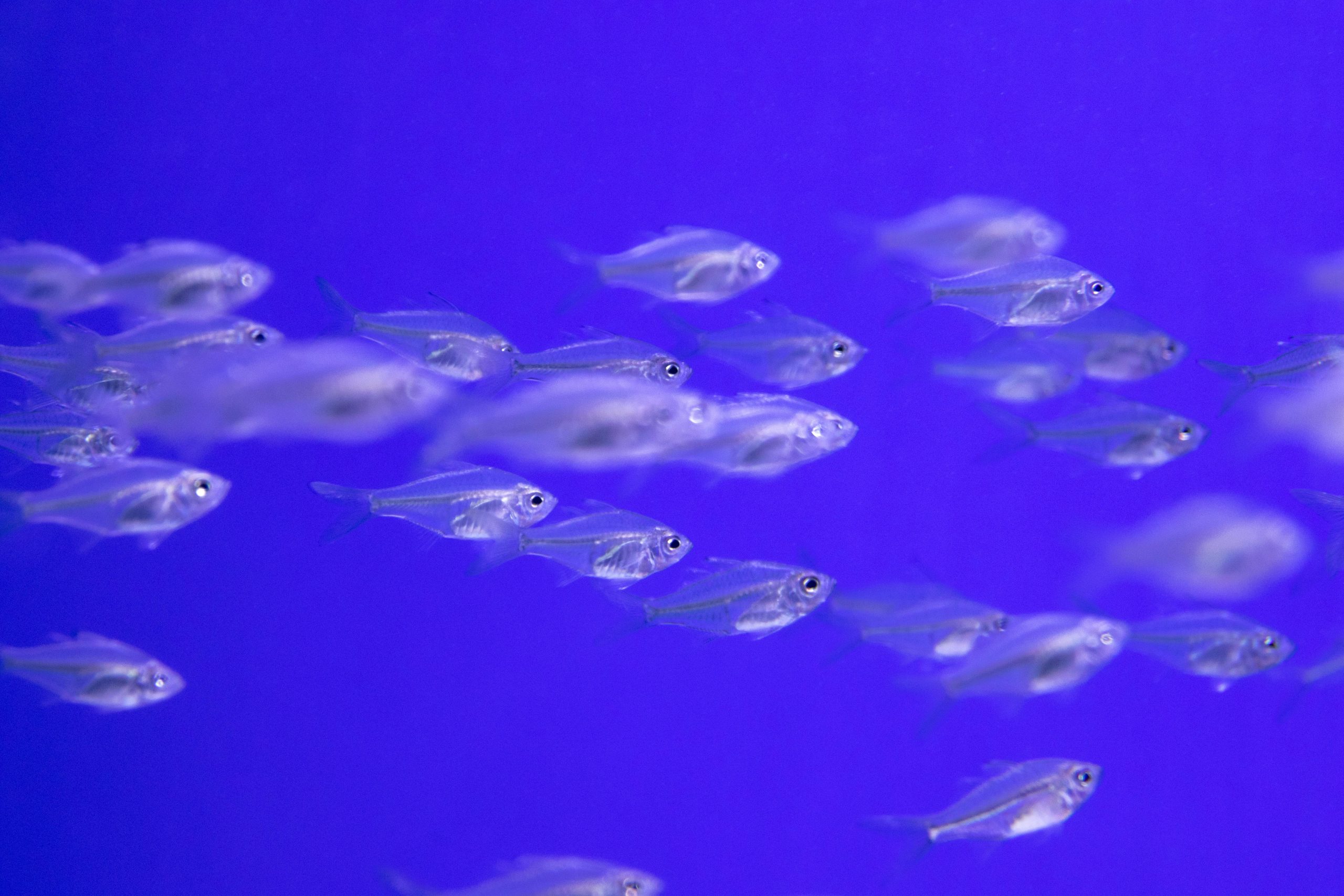![]()
Initially called”theine”, caffeine has been initially found in tea in 1827. It was later demonstrated that the”theine” of tea was identical with all the caffeine of coffee, and also the expression”theine” was subsequently dropped. The encounter is because of three factors Even though the caffeine in coffee and tea are indistinguishable:
- There’s significantly less caffeine at the cup of tea – when adding white and green teas brewed in temperatures and intervals.
- L-theanine, an amino acid found in tea, promotes relaxation and reduces stress. Without decreasing caffeine alertness it functions with caffeine to calm your system.
- The elevated levels of antioxidants found in tea slow down the absorption of caffeine – that causes an increase of this compound in the machine and also also a duration of endurance.
The myth about the caffeine content involving tea and coffee is that tea contains more caffeine than coffee. This is untrue when comparing tea and coffee Even though this is accurate when measuring tea and coffee in their kinds. In the end, one uses 2 grams of 10 g of coffee to the amount of water and tea per 8 oz cup. A widely cited 2004 research looked at 200 cups ready by customers going about their brewing patterns. It found the ordinary caffeine level from the cups of tea (black English fashion teas) has been 40mg vs 105mg from the typical cup of drip coffee.
The quantity of caffeine in tea or coffee is dependent upon many things, including period and the method of steeping or brewing. With tea, research reveals that foliage place on the tea plant impacts caffeine from tea’s content. Best on the plant, the leaves, include the best concentration of antioxidants and caffeine.
The effect of caffeine content is that the water temperature and length of steeping time. Green, Oolong, black and White tea leaves themselves possess similar content. However, there is simmer for five minutes in boiling water a tea going to move caffeine compared to a tea into the cup. Let us be clear: Oxidation doesn’t increase the quantity of caffeine in tea. You will discover several high profile tea businesses, websites, and publications promoting this frequent myth. In other words, there’s absolutely no basis for the promise and it results from crediting those outcomes and measuring the caffeine from the cup following brewing procedures that are normal itself.
While it’s hard (and usually wrong ) to create broad factual statements regarding just how much caffeine is in Green Tea vs. Black tea, the types used (Sinensis vs. Assamica), developing methods (shaded or large increased vs. low rose ) and leaves chosen (fresh vs. old-growth) create the next teas Stick out in their category:
Relatively low caffeine
Genmai Cha (Green)
Gunpowder (Green)
Hojicha (Green)
Kukicha (Green)
Keemun (Black)
Relatively high caffeine
Silver Needles (White)
Gyokuro (Green)
Matcha (Green)
Assam (Black)
Ceylon (Black)
Darjeeling (Black)
Keep in mind that, because tea bags comprise leaves of dimensions that are smaller, they create an extract with caffeine than tea does. This is true of tea that is good. In contrast, the number of coffee yields twice the amount of caffeine. Sodas have caffeine too.
There has been a concern in the United States about the hazards of caffeine. Tolerance varies with some being much caffeine more sensitive than others. There is A frequent misconception that should stock up on Decaf tea. Tea is not. It contains about 5-10 milligrams per cup.
A frequent myth is that you could”create your own” decaf tea by temporarily steeping the tea and throwing off the consequent liquor. The concept is that a lot of the caffeine has been washed out within this steeping. The truth is something different completely. Caffeine is expressed over time, and thus the initial 30 minutes of a naturally-occurring cycle might just extract 20 to 30 percent of their caffeine (the amount is dependent upon the foliage and processing mode ). Importantly, other health benefits of tea and the antioxidants are inclined to be expressed than just caffeine. Because of this, that quick steeping or”washing machine” eliminates both the caffeine and that the wholesome components found in tea.
An individual has to switch to herbal tea to remove caffeine ingestion. All tea comes from precisely the same plant. Infusions, for example, Chamomile, Rooibos, and Peppermint are manufactured from botanicals and they are.
Share This




Be the first to comment